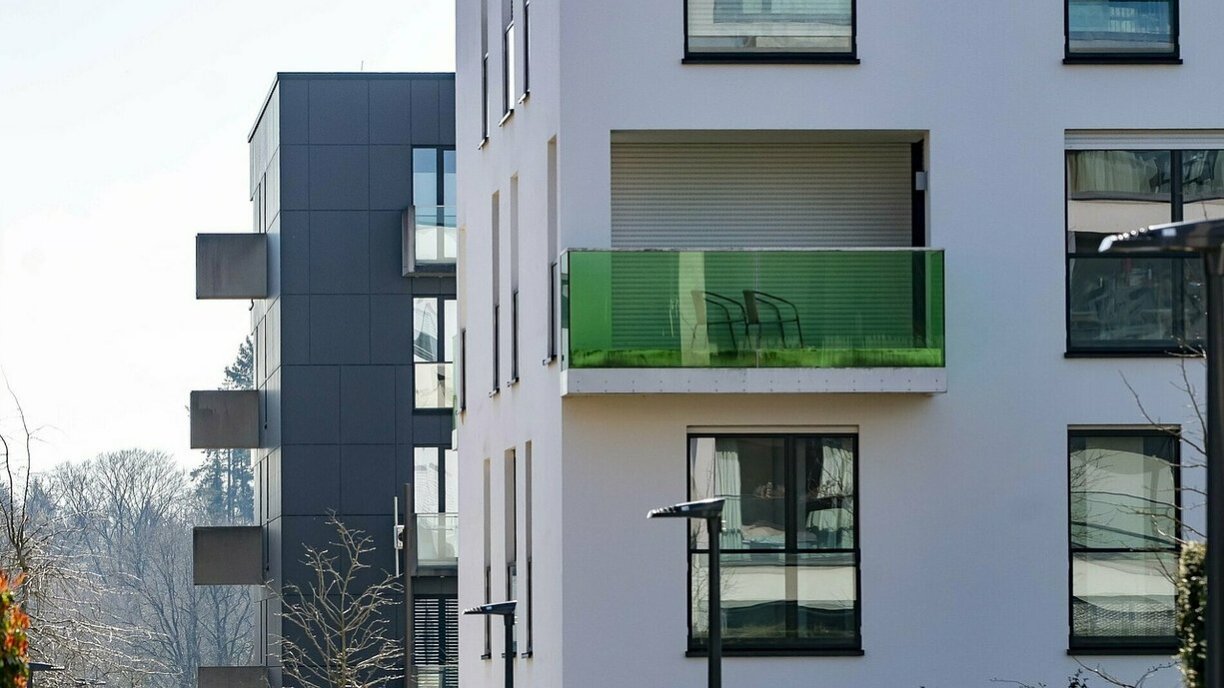
A proposed “ministerial land consolidation” law, designed to unblock major construction projects when a single landowner objects, is moving through parliament. The tool would essentially allow the Minister for Home Affairs to impose a land swap.
During a livestreamed meeting of the Parliamentary Committee on Home Affairs, which reviewed new amendments to the draft law, it was clear that implementing construction projects would remain a complex process even with this new power.
Democratic Party (DP) MP and Luxembourg City Mayor Lydie Polfer highlighted potential practical concerns, asking what recourse a landowner would have if they changed their mind and disagreed with a proposed swap. In response, Frank Goeders, head of the Department of Municipal Planning at the Ministry of Home Affairs, confirmed a formal complaints mechanism would be part of the process. However, he stressed that “in practice, a great deal will still need to be discussed with each other”, expressing hope that a single meeting with landowners could often be enough to “unblock” a project.
Officials from the ministry clarified that expropriation would only be considered a final option in cases of clear “public interest”, as mandated by the constitution. “Nobody will have anything taken away from them”, Goeders assured, describing the ministerial land consolidation instead as a “forced exchange”.
When MP Tom Weidig of the Alternative Democratic Reform Party (ADR) enquired about disputes between multiple heirs over a piece of land, Goeders stated the law would make no distinction. In that context, he also revealed that the government is actively considering a policy of buying up land directly to facilitate future consolidations.
The law’s rapporteur, MP of the Christian Social People’s Party (CSV) and longtime Hesperange Mayor Marc Lies, brought his municipal experience to bear by questioning how infrastructure costs would be handled. He noted that while landowners involved in a new project typically cover these costs, it was unclear how to manage payments from those who build on the newly-serviced land at a later date.
MP Lydie Polfer again drew on her experience as Mayor of Luxembourg City to suggest a practical model. She explained that her municipality sometimes prefinances the infrastructure share for a non-participating landowner. The cost is then recouped, adjusted for construction cost inflation, when the landowner eventually decides to build – a stipulation that must be clearly outlined in a legal agreement.
These discussions on tax issues and infrastructure prefinancing represent just a few of the complex details that the Chamber of Deputies and the Council of State must still resolve regarding the ministerial land consolidation bill.